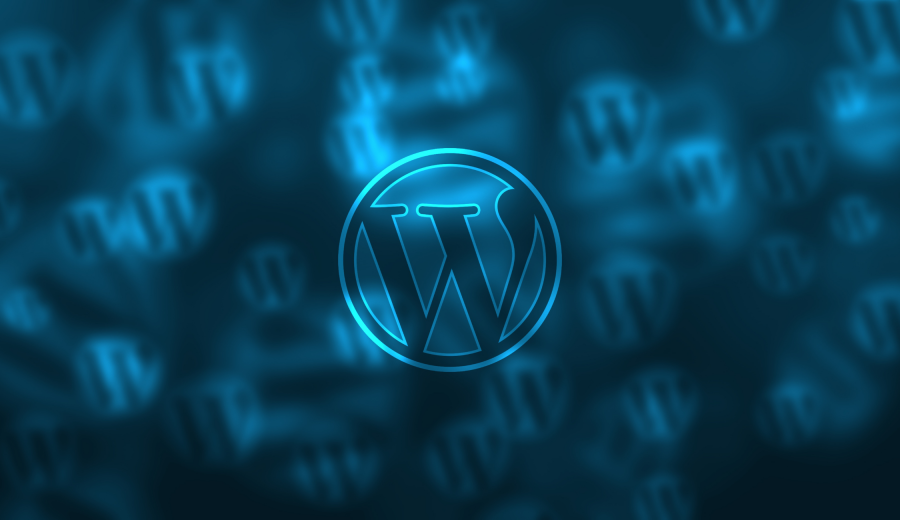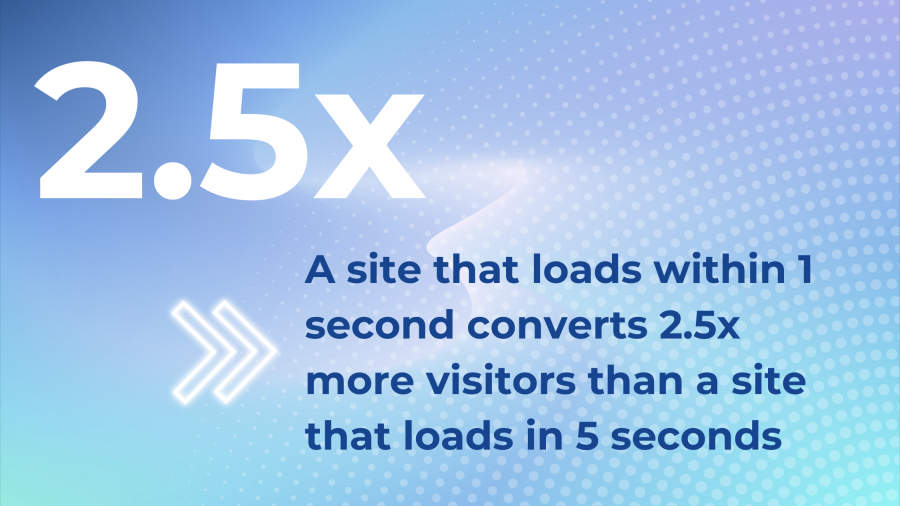Was your site among one of the 4,000,000 affected by a WordPress plugin vulnerability?
WordPress is a powerful platform with thousands of plugins available to enhance functionality and customize your website. Plugins allow you to do everything from improving SEO to integrating social media and adding eCommerce capabilities. However, while plugins provide convenience and flexibility, they come with hidden costs that can negatively impact your site’s performance. Let's explore how WordPress plugins can hurt your site.

1. Security Risks
WordPress powers over 40% of all websites, making it a prime target for hackers. Plugins, unfortunately, are one of the easiest ways for hackers to gain access to your site. Many plugins are developed by third-party creators, and while some are regularly updated and maintained, others may not be as reliable. Outdated or poorly coded plugins can open your site up to vulnerabilities, allowing hackers to exploit these weaknesses.
There have been several high-profile cases where hackers have used vulnerabilities in WordPress plugins to compromise websites. Most recently, in November 2024, a security plugin allowed attackers to access administrator access to over 4 million websites. Even if a plugin isn’t as widely used, any vulnerability in your site’s code can be exploited if left unpatched.
Regularly updating your plugins and ensuring that you only use reputable ones are key steps in securing your site, but many website owners overlook this, leaving their sites at risk.
2. Loading Speed
One of the most common issues with WordPress plugins is that they can significantly slow down your website. Every plugin you add introduces additional code, which means your site has to work harder and takes longer to load. This can lead to frustration due to slow page speeds, particularly if you’re using plugins that aren’t optimized.
When your website takes more than a few seconds to load, users are likely to abandon it in search of a quicker alternative. A slow site also affects where your site appears in the SERP, as Google considers speed a factor in how your site ranks. If you’re running an eCommerce site, the stakes are even higher—studies show that a site that loads within 1 second converts 2.5x more visitors than a site that loads in 5 seconds.
Beyond speed, poorly maintained or outdated plugins can cause conflicts with each other, which might result in errors or crashes. The more plugins you have, the higher the chance of compatibility issues that can slow your site down further.
3. The Management Nightmare
Managing a WordPress site with numerous plugins can quickly become overwhelming. Keeping all your plugins updated, ensuring compatibility with new WordPress versions, and fixing conflicts between plugins can take up a significant amount of time. Additionally, not all plugins play nicely together. It’s common to see plugins conflicting, which can cause functionality to break down—leaving you to troubleshoot and solve technical issues that may be beyond your expertise.
As your site grows, so does the complexity of managing plugins. Keeping up with plugin maintenance is tedious and lots of plugins end up abandoned and out of date. Many website owners find themselves relying on plugins to handle even the smallest features, resulting in plugin overload. The result? A site that’s sluggish, difficult to maintain, and prone to crashes.
How We Can Help: WordPress Maintenance and Plugin Management
On average, our clients with small to medium-sized websites have 26 WordPress plugin updates every month. This includes WordPress core updates, plugin updates, and theme updates. We specialize in WordPress maintenance and plugin management so you can focus on running your business without worrying about the technical side of things. Our team can audit your site, identify plugins that are slowing it down or introducing security risks, and optimize them for performance. We’ll ensure that all your plugins are up-to-date and work seamlessly together, reducing the risk of conflicts and downtime.
In addition to plugin management, we offer ongoing security monitoring to protect your site from hackers and vulnerabilities. Regular maintenance is crucial for ensuring your website runs smoothly and securely, and we’re here to handle it all—from performance optimization to plugin troubleshooting.
While WordPress plugins offer incredible flexibility, they can also slow down your site, expose it to security risks, and create headaches when it comes to managing updates and handling compatibility issues. Instead of letting your plugins become a burden, let us help. We provide comprehensive WordPress maintenance and plugin management services to keep your site fast, secure, and easy to manage. Contact us today to learn more about how we can optimize your WordPress site for better performance and peace of mind.


